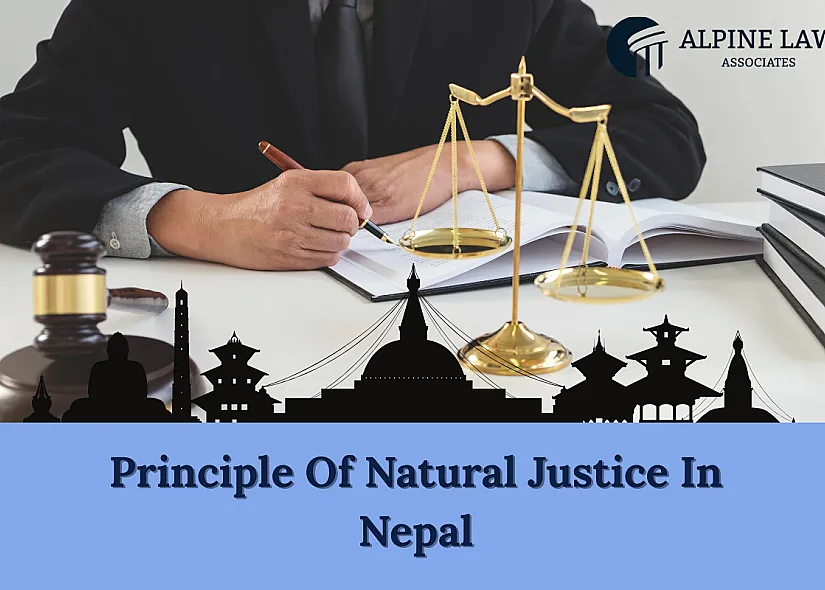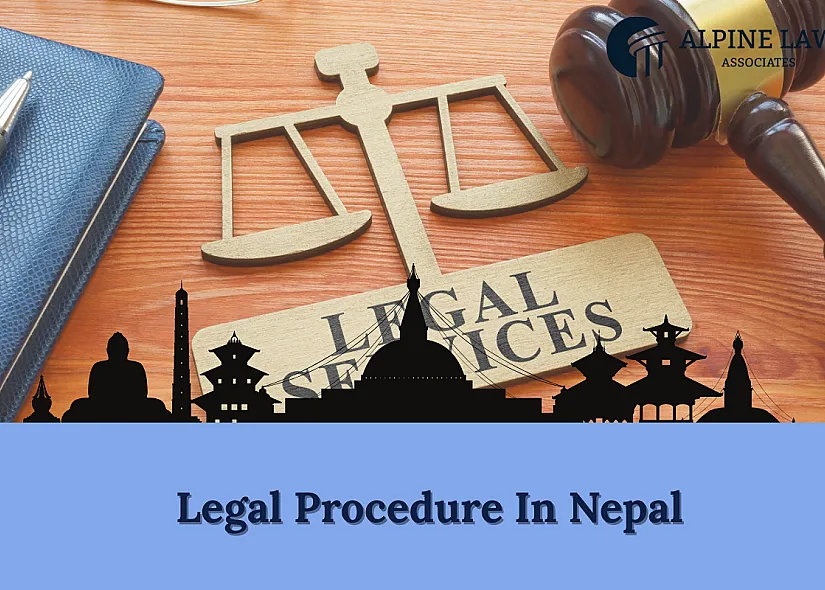Comprehensive Guide to the Divorce Process in Nepal - 2025
This in-depth article outlines the complete divorce process in Nepal under the Muluki Civil Code 2074, including legal grounds for husbands and wives, required documents, steps from filing to final verdict, and rules regarding property division and alimony. Whether you’re a Nepali citizen or residing abroad, Alpine Law Associates provides expert legal representation and guidance through power of attorney. Our team ensures your rights are protected at every stage, offering clarity, confidentiality, and compassionate legal support during one of life’s most difficult transitions.



-thumb_big.webp)
-thumb_big.webp)
-thumb_big.webp)

-thumb_big.webp)
-thumb_big.webp)

-thumb_big.webp)